|
Congratulations
on your new puppy!
First
of all, I want to thank you for your purchase of your new family
member. If at ANY time you have questions, please feel free to
contact me and ask.
I
want you and your new baby to be happy together for many years to
come! My e-mail address is setarehyorkies@gmail.com.
Or you may
text me at (385) 414-5938 at any time.
Remember
that the love you offer your yorkie will be returned to you in kind.
Always be tough and consistent,
but
keep in mind that this is a newborn and things take time. Never strike
your puppy. It will just instill fear, which is the last thing you want.
Here
are a few of the topics that I feel are important for new Yorkie Moms
and Dads. I feel these issues are important to consider when
purchasing a yorkie puppy.
Please
make sure you have read our Homecoming Prep Pages there is a TON of
information on preparing for your new baby on those pages,
When I get
home:
Allowing
your dog free reign of the house is not a good idea. Your puppy should
be kept in a small space, such as a play yard. If he goes exploring a
large room or home, they will be unable to locate their food and drink.
Please keep in mind that they are little puppies, and a small room to
us is a large space for them. Ascertain that your puppy is relaxed and
secure.
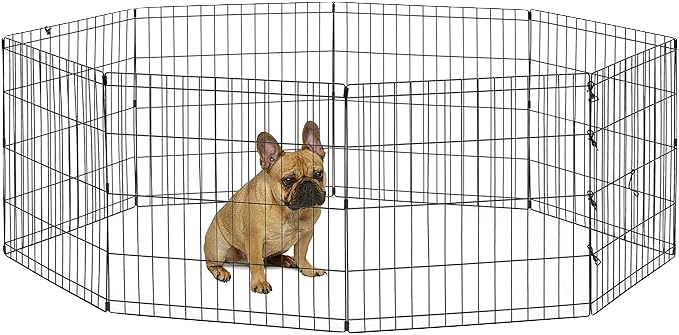 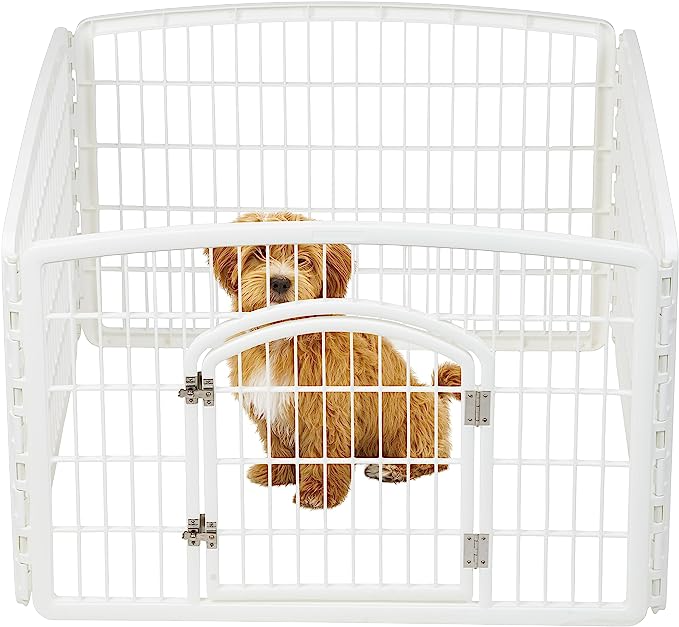
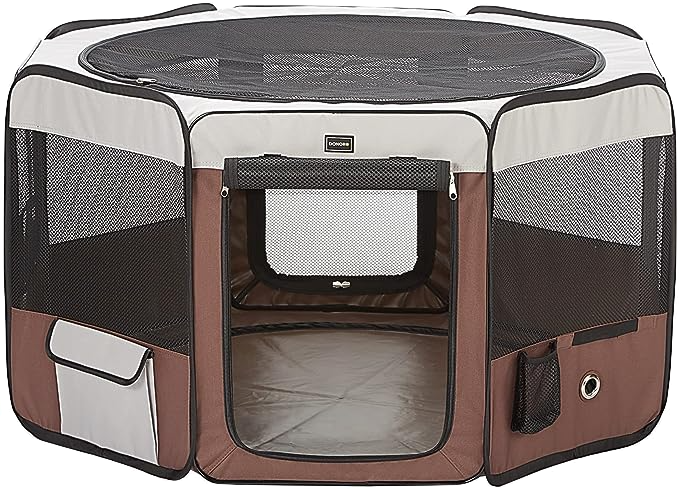
Well Baby Check Up:
If you know when you'll acquire your puppy, the first thing you should
do is schedule an appointment with your veterinarian.
Your vet visit should take place within 72 hours of your arrival home,
so you may return the puppy before becoming connected to it if
something goes wrong.
USE
SOME COMMON SENSE WHEN VISITING THE VET. When visiting the
veterinarian, keep your puppy in a kennel or on your lap. Let it no
access to the floor or furnishings, and do not allow it to interact
with other animals that may be in the workplace at the same time. Let
it no access to the floor or furnishings, and do not allow it to
interact with other animals that may be in the workplace at the same
time. Allow no one else to handle or pet your dog. Their hands might be
carrying viruses that make your puppy sick. Where do all the ill dogs
go? To the veterinarian! What is the greatest place to take up
viruses or get sick? Naturally, everyone brings their ill pets there.
TO THE VETERINARY!! When you get your puppy, it will already have had
its first round of puppy immunizations. Make sure you have your puppy's
puppy vaccines in order, since this might save his or her life.
We use and recommend Bayview Animal Hospital in
Farmington 801-451-2359 for all our babies
Visitors:
One of the most common errors people make when they get a new puppy is
thinking they have to show it off right away. THIS IS NOT A GOOD IDEA!!
Take your puppy out in public, to parks, or to friends' houses. Take
your puppy home right away and do all you can to keep it there until it
has adjusted to its new surroundings and "parents" and is up to date on
all vaccines. Don't put the puppy through any unnecessary stress, such
as taking him shopping for new dog attire. For at least a month and
until they are completely up to date on vaccines, new pups should not
be brought out with you and showed off to all of your friends. They
must learn to know and trust their new parent before being bothered by
people who want to touch or play with him. After the puppy has adjusted
to his new home, it is appropriate to welcome family and friends
around, but please do not leave the dog alone with little children.
Public Places: Do
not take your new dog on a shopping spree in a Public Park, Petsmart,
or Petco. When they're young, this is one of the worst locations to
take pups. Before travelling to a public area like this, make sure your
dog is up to date on their vaccines. These locations are ideal for
viral reproduction.
Hypoglycemia (Low Blood
Sugar): Stress and Hypoglycemia: Hypoglycemia is
a central nervous system condition that occurs as a result of a lack of
enough meals.
Lack
of water causes dehydration. When a puppy moves to a new home, misses a
meal or doesn't eat enough,or becomes chilly, overtired, or weary from
too much petting or playing, hypoglycemia can strike without warning.
It is most common in small breeds, but it can also be found in bigger
types. Depression, weakness, being shaky or jerky,
the head inclined
to either the left or right side, the neck rigid and locked, the body
may soon seem the same manner, and the teeth may be clamped are all
signs to look for.
This can cause convulsions, seizures, or a coma,
all of which can be fatal! Keep in mind that this is just a
puppy.Consider a newborn who requires special attention. You wouldn't
wake up your infant to show off to your friends or neighbors, so don't
wake up your puppy. This is critical for the health of your dog.
Treatment:
If a puppy's blood sugar dips, you must act quickly. Glucose levels in
the blood must be restored promptly! Do not delay; your puppy's life is
on the line. Treatment with some glucose-containing electrolyteWe want
to make everyone aware that we are a participant in the Amazon Services
LLC Associates Program, an affiliate advertising program designed to
provide a means for us to earn fees by linking to Amazon.com and
affiliated sites.
solutions administered orally is critical. I use Nutri-Drops or Nutri-Cal because
it works quickly and enters into the bloodstream quickly.
The
normal dosage is 1/4 cc per ounce of body weight when administered. If
you don't have any, mix white Karo syrup with water and apply with a
dropper to the puppy's tongue and lips, or just place some on your
finger and massage on the puppy's gums. Repeat this process every few
minutes. Avoid putting too much in the puppy's mouth because it might
choke. If you don't have any nutri-cal or karo, you can use pancake
syrup, honey, or other sweeteners. If the puppy's condition does not
improve within 10 minutes, call your veterinarian right away! This
isn't something that can wait till the next day when the vet opens!
Even if the puppy is doing well, I still recommend calling your
veterinarian if you have any concerns, questions, or fears. When a
puppy's blood sugar lowers, he or she is far more likely to have
another episode. It might take weeks to get back on your feet.
Make
sure your infant has plenty to eat and drink. Baby food made from beef,
turkey, or chicken can be fed in the early stages. To keep your puppy's
sugar levels up, make sure he or she eats at regular intervals. I
STRONGLY recommend the 1st week you have your puppy you give the
Nutrical supplement twice a day no matter what. That is the most
effective strategy to attempt to avoid this. Make sure your puppy has
eaten before going to bed or leaving them alone for an extended amount
of time. Always keep an eye out to see whether they finish part of
their meal; don't assume they did.
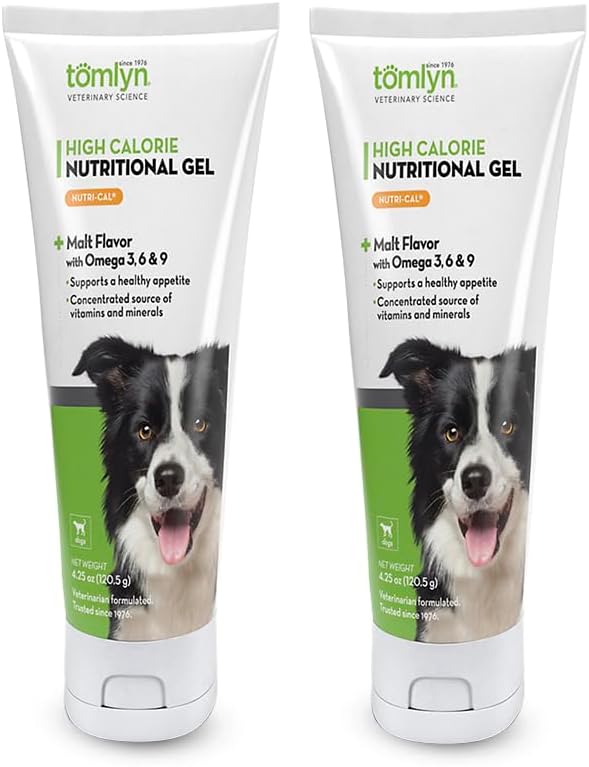
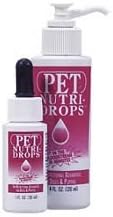

TREATS:
Yorkies are prone to choking, so keep an eye on all toys and chewies.
We give the compressed rawhides to our Yorkies. We also love the
greenies for helping their teeth
.
Pig ears are one of the simplest foods to choke on for Yorkies. Bully
Sticks, on the other hand, are something I feed my yorkies.
I give them the ones that
are extremely big, like 12 inches or more. I throw them away when
they're about 5 inches long.
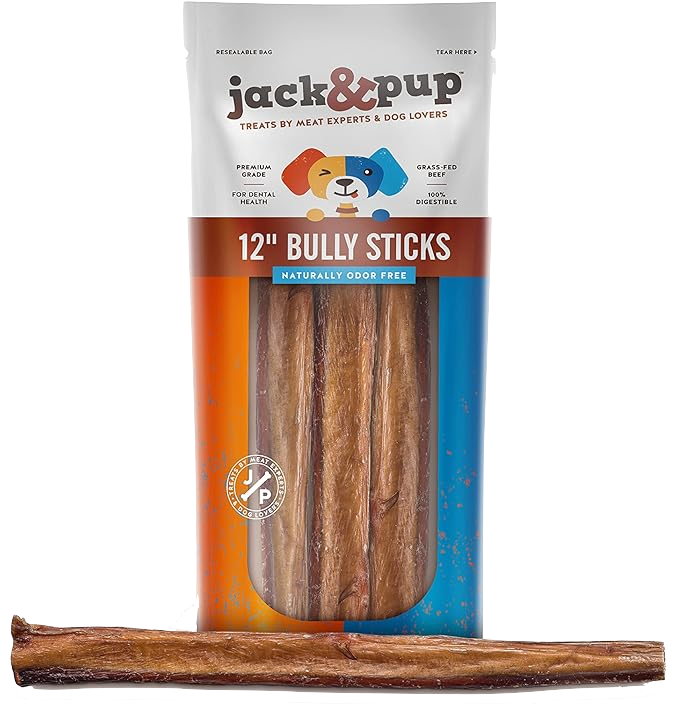
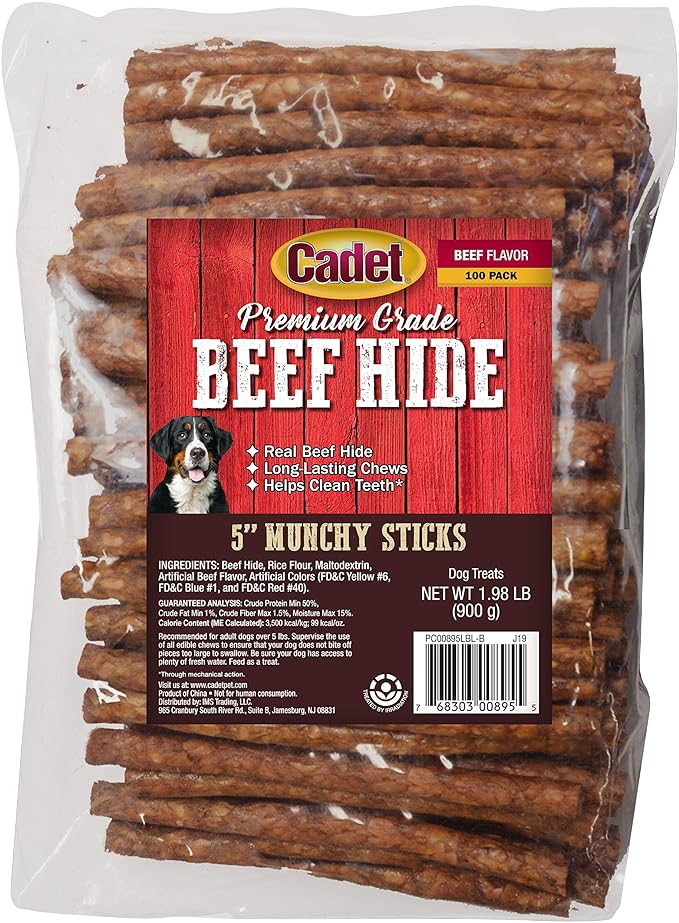
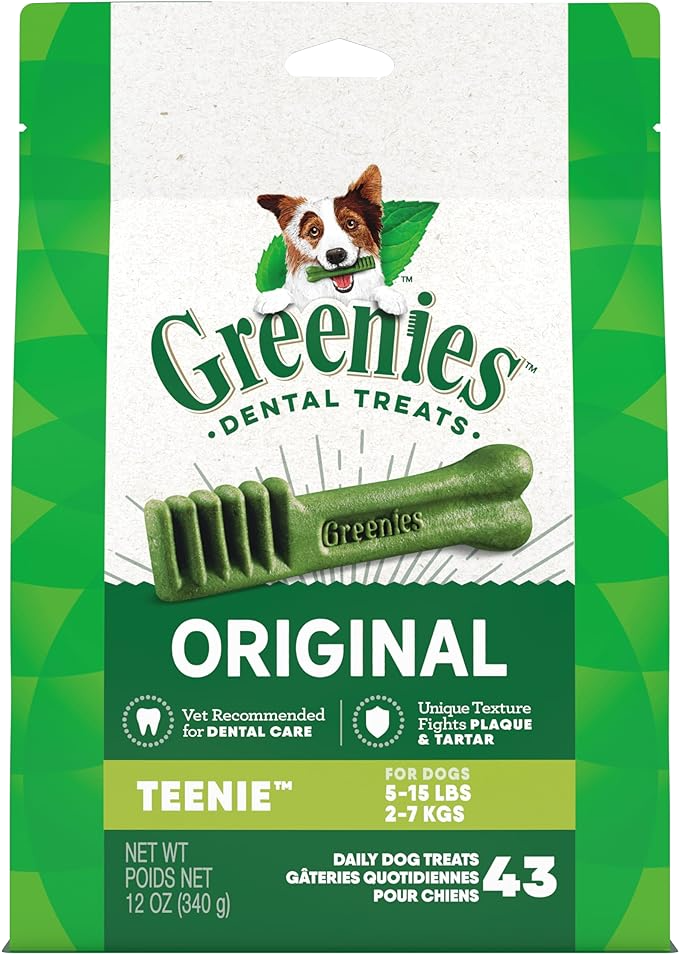
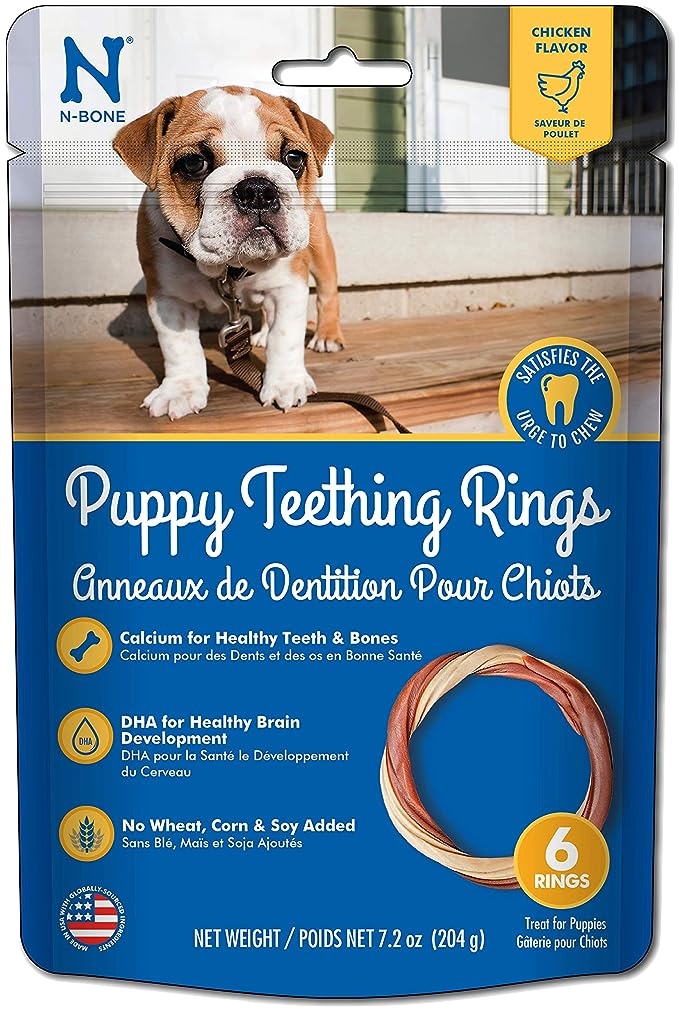
Toys: Yorkies
LOVE toys. We love kongs, and stuffed toys for our yorkies.
As well as a 'teaser; rope that's interactive.
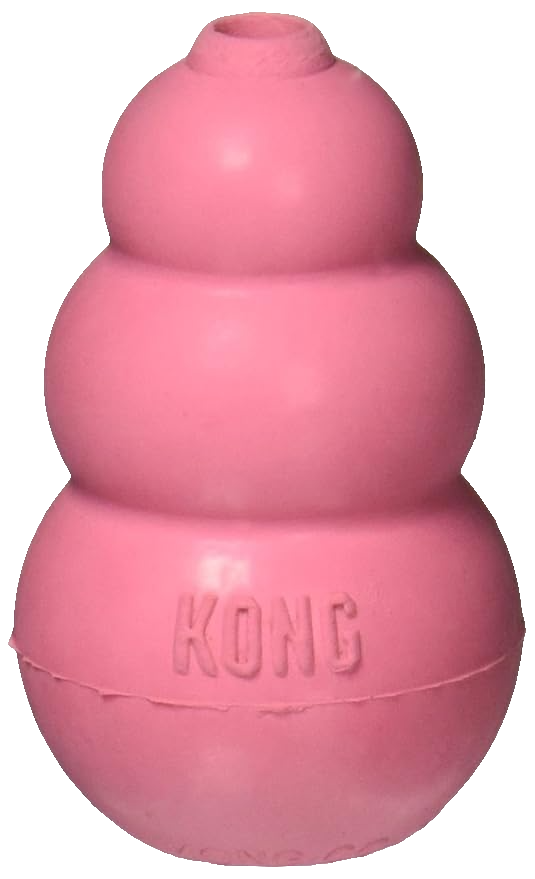 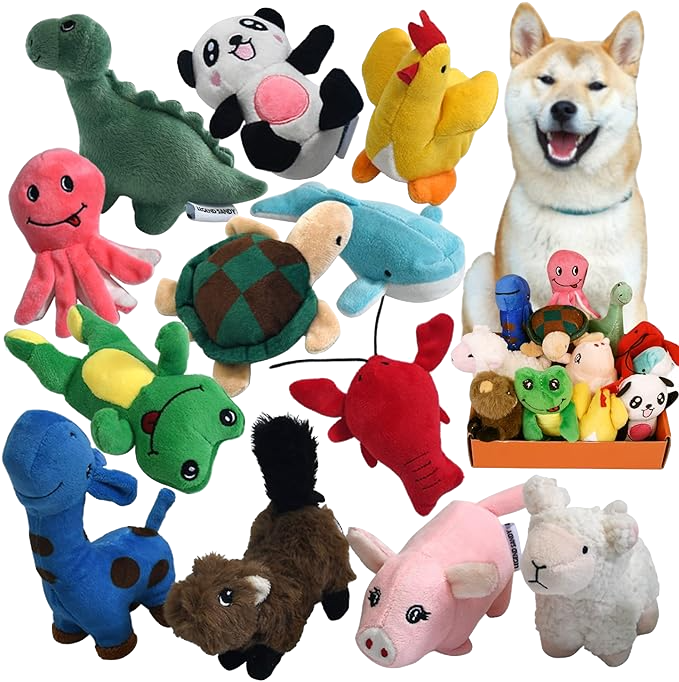 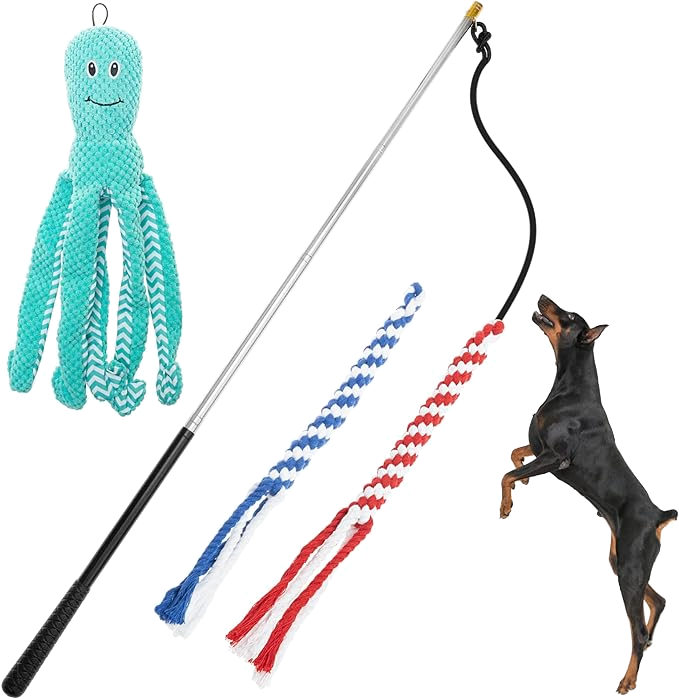
Potty Training: What
you should know about your Yorkie: Potty training Yorkies may be quite
challenging. Because
a puppy's kidneys are still developing, don't be too concerned about
accidents. It will all come down to how consistent you are as a parent. I
normally advise waiting until they are roughly 5-6 months old to
anticipate anything from them. They
can be taught ahead of time, but regular monitoring is required.
However, you should not give the new puppy free reign of the house at
first. Inside Potty Training: I am a
space rewarder. I gradually increase their area as they begin to use
their pads. As a first step, I
propose getting them a play yard. You may buy a Superyard or create one
yourself at Walmart. I placed the
puppy pad on one end of the play yard and the bed and food on the
other. When
your puppy uses the pads in the play yard 95% of the time, you may give
them greater room, such as your fenced kitchen. I
am a space rewarder when it comes to indoor potty training. As they
begin to utilize their pads, I progressively expand their area. I
recommend obtaining them a play yard as a first step. At
Walmart, you may purchase a Superyard or make one yourself. On one end
of the play yard, I put the puppy pad, and on the other, the bed and
food. You may offer your puppy more
area, like as your gated kitchen, if they use the pads in the play yard
95% of the time. After a week or two, I start removing one pad at
a time until I'm down to one pad in the desired spot. You
can give your puppy additional space when they have used their puppy
pads in the gated area 95% of the time. This is when the difficult part
begins. While your pup is being
trained to be released into the rest of your home, you must never take
your gaze away from them. You
must keep a close eye on them when you release them out of the fenced
area. NEVER look away from them because if they pee and you don't see
them, they'll assume it's normal and keep doing it If
you don't have time to observe them, simply return them to the gated
area until you can watch and teach them. It will take some time, but it
will be well worth it.
Outside
Potty Training: Take them out frequently, especially shortly after they
finish eating or drinking; don't wait five or ten minutes, take them
outside right away.
Reward
them with a mouthfulWe want to make everyone aware that we are a
participant in the Amazon Services LLC Associates Program, an affiliate
advertising program designed to provide a means for us to earn fees by
linking to Amazon.com and affiliated sites.
(one bite) of something they enjoy once they have relieved themselves.
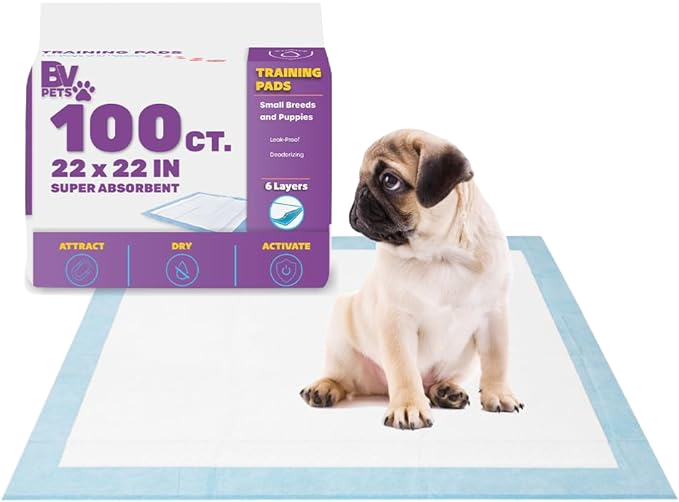
Feeding
Puppy:
To avoid overstressing the puppy, continue to feed it the same food
that was given to you (you will receive a small ziploc bag of food),
your puppy is used to eating Paw Tree Chicken & Oatmeal Recipe Dog
Food & Paw Tree Freeze Dried Real Chicken Recipe. Never abruptly
modify the puppy's food or feeding schedule. As your puppy grows older
(age 1 year), you can switch to adult small bites. The smaller a puppy
is, the more times it must be fed during the day. Dry food should
always be available for little puppies. You must keep in mind that,
because to their tiny stomachs, they must feed more frequently to stay
alive. Never leave the puppy alone for an extended period of time
without food or water. This includes nighttime as well. Small pups must
eat and drink during the night to stay alive. Make sure they are
confined to an area with enough space for a bed, food, water, and a
puppy pad to discharge themselves. They won't be able to go very long
without eating, drinking, or going to the bathroom until they are
older. They are infants. When you get the puppy home, it's
critical to make sure it's eating. I've been feeding them Purina One
Lamb & Rice or the Blue Buffalo Baby Blue Puppy Canned Food.
I make certain that they have access to dry food all the time. I give
them canned food as well 3 times a day.
For
the 1st week your pup is home we also recommend a small glob or
Nutrical to prevent Hypoglycemia twice a day.
Click
on the pictures below to order food for your puppy:
We
want to make everyone aware that we are a participant in the Amazon
Services LLC Associates Program, an affiliate advertising program
designed to provide a means for us to earn fees by linking to
Amazon.com and affiliated sites.
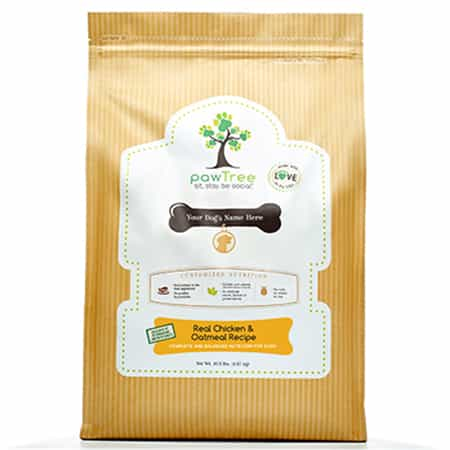 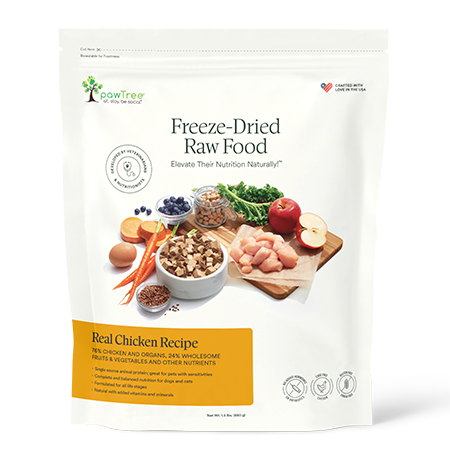 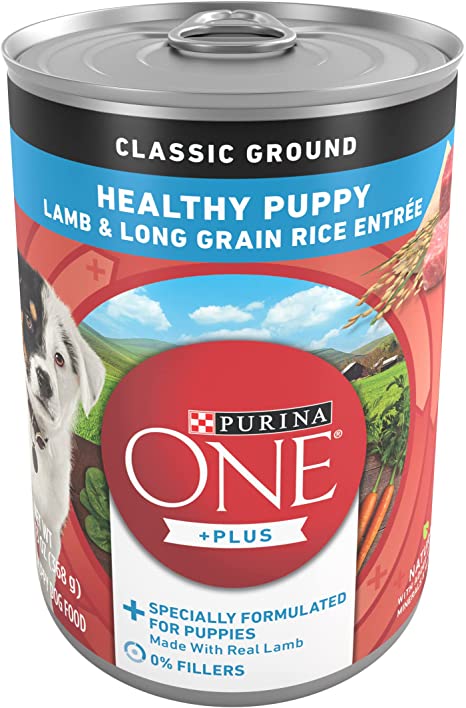 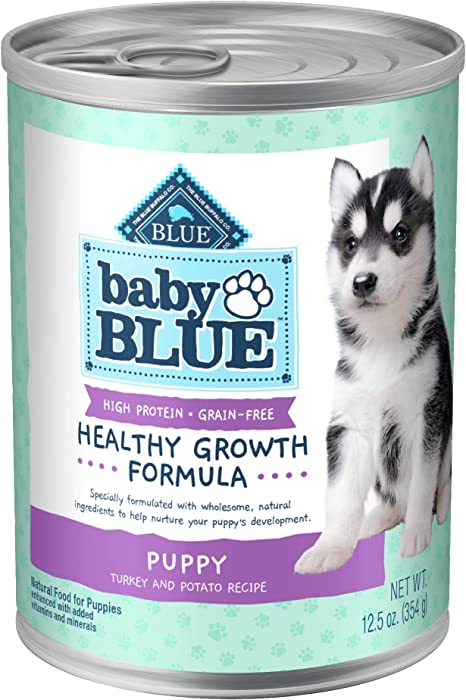
Supplements:
As
a reputable breeder, the health of my dogs is my top priority.
Proper diet and supplement education is a big focus of mine to help
prepare my puppy parents for their pup. I am now using and
recommending a new supplement regime! I highly suggest that you
not only keep your puppy on a high quailty diet but additionally
supplement with NuVet Plus and NuJoint Plus for total body
support. Starting good health practices early will help ensure
that you have many years with your new companion!
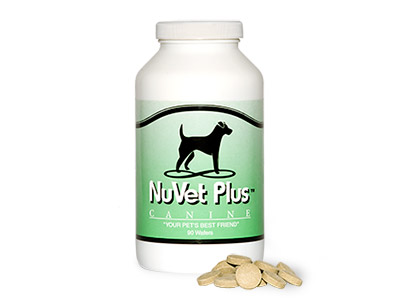 NuVet Plus
Promotes NuVet Plus
Promotes
A
strong immune system
Healthy
skin and coat
Eye
and Ear health
Strong
bones and teeth
Healthy
digestive tract
Cardiovasular
health
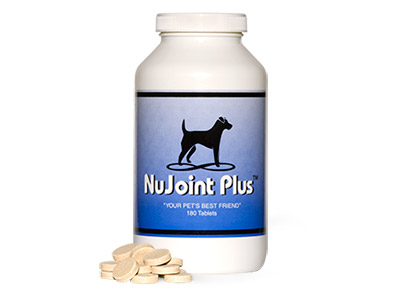 NuJoint Plus Promotes NuJoint Plus Promotes
Proactive
hip/joint/back support
Mobility
& flexibility
Healthy
cartilage growth
Proper
Lubrication for joints
**For your puppy to stay on NuVet Plus it will only cost you $10 a
month (they only need 1/2 a wafer a day)
You
may place your NuVet Labs order online at Click here to order: http://www.nuvet.com/864856 or
call 800-474-7044. If
you are placing an order for the first time, you will need to provide
them with my REFERRAL CODE 864856
Haircuts for Coat Care: The
LONG and SHORT of Grooming Your Yorkie Some people want it long, while
others prefer it short; neither is incorrect, so don't get worked up
over it.
The coat must be long to show a Yorkshire Terrier in
competition, but if you aren't planning on exhibiting, you may go with
any of the charming little haircuts I've mentioned.
Check
over the photos and pick a style you prefer, then show your groomer
and, voila, your tiny yorkie is tailored to your specifications.  
If
you are local to Utah/Davis Country we use and recommend Stylish Paws Salon. Jennifer
is AMAZING with our babies. She is a mobile groomer and comes
straight to your door to groom your babies!
Vaccinations
and worming Your
baby's immune system does not develop until it is around 16 weeks old.
Mom's immunity have safeguarded it through her milk. By the time your
baby arrives, it will have had its first two sets of vaccinations and a
kennel cough vaccination. All of the documentation will be included in
your WelcomePackage. There will be a printout as well as a
vaccination record for your veterinarian. Bring it to your first
vet appointment so they know exactly what your baby has had and will
require in the future. Make an appointment with the veterinarian as
soon as
possible. This is vital information!!! A Parvo injection
is required every three weeks until your kid is 14-16 weeks old. Parvo
is present in the soil. Puppies can't detect this because they smell
anything, eat anything, and get into everything. If they do, and the
injection does not protect it, your kid will become extremely unwell
very quickly and might die very quickly!!! Even if it hasn't been
outside, you may bring it in on your shoes and expose infant to it.
Your puppy can receive adult immunizations at 14-16 weeks and will be
protected for a year.When it comes to worming, Heartgard or Simparica
Trio are my recommendations. Both are monthly chewables that you give
once a month to your puppy. They are available at your
veterinarian's clinic. By the time it reaches you, your baby will have
received its first dosage. Who wants those pests in their home, after
all? No way!!!!!! Please do not use over-the-counter, low-cost
products!!!! It has the potential to make a baby sick and perhaps kill
it!!!!
Spaying/Neutering:
You
have a spay/neuter contract with your new puppy, which means you must
get your female puppy spayed or your male dog neutered by the time they
are 18 months old. Please visit this page for more information on our Spay/Neuter policy.
As an Amazon Associate, We Earn from Qualifying Purchases
|
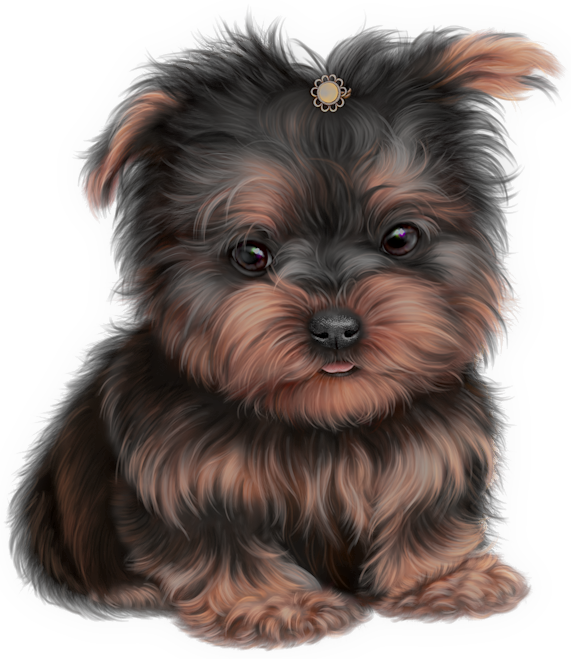



















 NuVet Plus
Promotes
NuVet Plus
Promotes NuJoint Plus Promotes
NuJoint Plus Promotes





